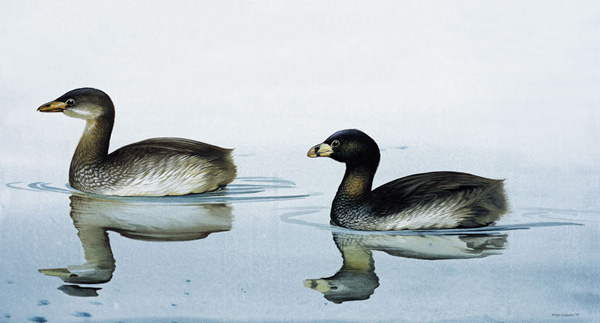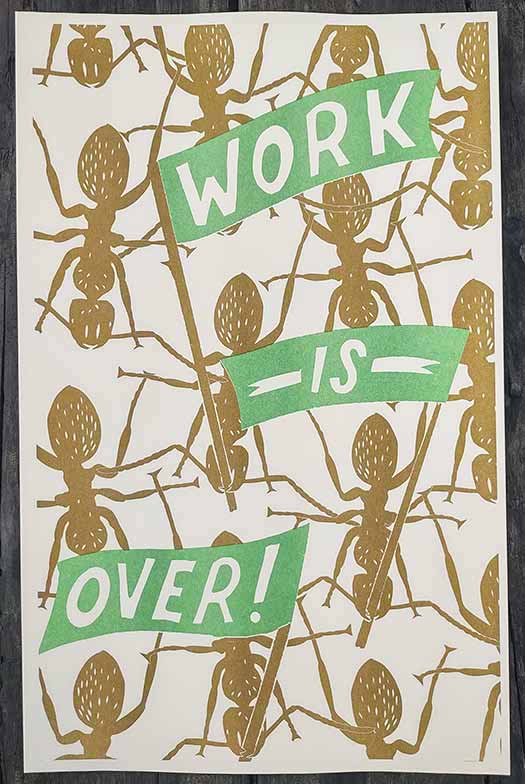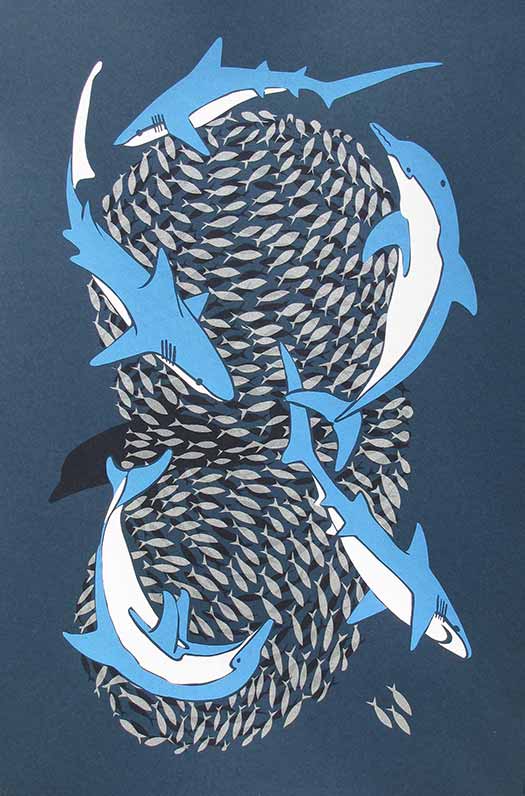
I’ve decided that this blog thing might be useful for regular, depressing updates on the subject that I think about most, namely, extinction. To start off with, I think I’ll try to post regular entries dealing with individual species that have gone extinct in quasi-recent times due, at least in part, to human activity. We’ll start with the Lake Atitlan Grebe, also known as the Poc.
The Poc was a very large flightless waterbird with drab plumage, robust paddling feet, and an apparently endearing expression. It’s only habitat was the freshwater Lake Atitlan, in the highlands of Guatemala. It’s problems with humans (at least, as far as I’ve been able to determine) started in about 1958.
The thing about the story of the Poc’s extinction that strikes me is that it is fraught with ironic connections to other extinctions and quasi-extinctions. For example, anyone remember the airline Pan-Am? It was once the flagship airline of the US, an industry leader for decades, until it went bankrupt in the 1990’s after several hijackings, bombings, subsequent lawsuits and a general lack of so-called competitiveness. Pan-Am executives saw the gorgeous Lake Atitlan area as prime tourist fodder, and one of their bright ideas was to develop a sport-fishing industry. Thus, in 1958, they released several varieties of bass into the lake. They also broke ground on a massive hotel complex.
The bass, of both the small mouth and large mouth varieties, reproduced vigorously and began eating up a huge share of the lake’s fish and crabs. The Poc’s food supply was greatly diminished, and in addition, the bass also siezed and ate the occasional Poc chick.
Elsewhere around the lake, the local Indians had begun cutting down the extensive reedbeds that line the shoreline to fuel a mat-making industry. Unfortunately for the Poc, the reedbeds happened to be where they laid their eggs (The Indians of Guatemala are by and large descendants of the Maya, whose massive jungle empire collapsed some time before Europeans showed up on these shores. Although the Maya empire is extinct, the Indians make up the majority of Guatemala’s population). Vacationers from Guatemala city were also flocking to the lake and building lakeside homes, necessitating further reedbed destruction.
In 1966 or so a conservationist named Anne Bastille noticed the decline in Poc populations and negotiated some protections and a refuge for the embattled birds. She didn’t know what she was getting herself into, perhaps. Enter stage left, ladies and gentlemen, the Guatemalan civil war, all 40 brutal years of it. Pan-Am abandoned their hotel project. Death squads tortured and killed with impunity. Communist insurgents waged a dogged guerrilla struggle. The rich chortled in their villas, and the poor were cut to pieces in the streets. And the Poc kept on fading away.
Death squads assassinated Anne Bastille’s associate and colleague, Edgar Bauer, but she kept on maintaining the refuge, as the number of birds dropped ever lower. Sometime in the seventies another grebe arrived, the lesser pied-billed grebe. Similar in appearance to the Poc, but smaller and able to fly, the lesser pied-billed grebe began hybridizing with the larger species, producing infertile offspring and diminishing Poc numbers even further.
Then there was an earthquake. 20,000 humans were killed. The level of the lake dropped six feet, making it necessary for the refuge to transplant reedbeds down to the waterline in an attempt to salvage what little Poc habitat might still be left.
Scientists had been monitoring Poc numbers by playing recording of their mating calls and counting the birds who showed up. What they didn’t know was that the lesser pied-billed grebe responded to the same calls. When scientists approached what they thought was the last group of Pocs alive on Earth, they were horrified to see them fly away. There were no more Pocs. Extinct, 1987.
Today, in the town of Panajachel on Lake Atitlan, the hulk of the doomed Pan-Am hotel can still be seen. Panajachel itself is a hippie hell-hole, known not-so-affectionately as “Gringotenango”. Sport-fishing thrives. The Indians are still poor. Development continues apace. The giant flightless grebe survives only as a vengeful ghost that drinks the blood of humans by night.
Not really. But it might be appropriate, don’t you think?
The painting is by Peter Schouten, from his wonderful book with Tim Flannery, A Gap in Nature








Roger,
Thanks for this piece. Just a comment. I visited the Lake and saw the bird in March 1980 with Edgar Bauer. Your story doesn’t mention an important event- the massive 7.2 earthquake in the 1976. Earth movement changed the lake level which led to random loss of shallow marsh habitat to nest in. That may also have made the impact of reed collecting even more intense.
The bird was declining, but the crisis was greatly exacerbated by the earthquake. It’s an odd feedback loop between earth history and conservation.
Thanks for your response Richard! I did make a brief mention of the earthquake- but yes, it’s amazing to observe the vast consequence of factors that come together to produce a result like this. Very interesting to hear that you visited the lake with Edgar Bauer! It’s a terribly tragic story in so may respects. Again, very many thanks for your comment.
Thanks, I didn’t know that Pan-Am was responsible for so much development around the lake. I write about the Atitlan grebe and its demise in my book, Brief Eulogies for Lost Animals, but that big player somehow escaped me. See this link for more information (good fodder for new prints, a la Peter Schouten). http://danielhudon.com/now-available-brief-eulogies-lost-animals/
Thanks for the note, I’ll check that out!
I was at Lago de Atitlan in September 1979. Edgar Bauer took me and another guy out in the boat to look for the Poc. We saw 8 in all. While out in the boat Edgar was distracted and ran his boat into one of the Maya fishing boats in the middle of the lake. The fisherman flew out of his boat into the water. We pulled him into our boat then other boats paddled over to us and a great argument ensued.
Thanks for this story! Glad to see this blog post is still getting around..